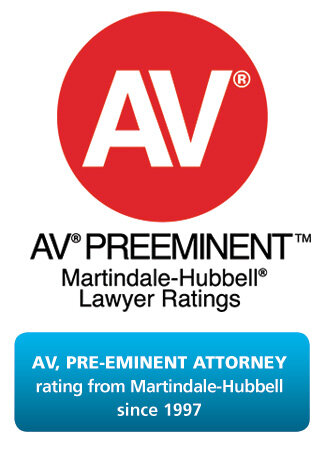What is a Co-op?
Cooperatives are defined by their principles not their legal form. The IRS defines a “cooperative” as an entity operating on a “cooperative basis.” Cooperatives can be formed under state cooperative statutes or they can be formed inside other types of corporations or limited liability companies (LLCs). A “cooperative basis” generally means: 1) vote per person; 2) profits allocated based on member patronage not financial investment; and 3) limited return on financial investment (such as preferred stock) usually to no more than 8% per year.
Why Do People Create Co-ops? People usually create cooperatives when they need to join with other people to fill a common need or to help solve a joint problem. Over a billion people in over 100 countries have created them.
Most common reasons are to:
lower cost
improve quality or service
create democratic control over that aspect of life
build community
have equity in the business.
What is an “Eligible Worker Owned Co-op” (EWOC)?
An EWOC is special type of co-op (as defined in the federal tax code) that permits selling owners to defer payment of capital gains tax on the proceeds of the stock they sell to a worker co-op, if the proceeds are invested in domestic stock. If the reinvestment stock is in the owners’ estate upon death, the family never pays the capital gains tax. To qualify as an EWOC, a worker co-op must have these features:
A majority of the co-op’s members must be company employees;
A majority of the co-op’s voting stock must be owned by co-op members;
A majority of the board of directors must be elected by the members on a 1 vote per person basis, and
A majority of earnings and losses are allocated to members on the basis of their work, their capital contributions or a combination of both.
Learn more about the many types of co-ops, and read co-op case studies.
7 Cooperative Principles
Cooperatives around the world generally operate according to the same core principles and values, adopted by the International Cooperative Alliance in 1995. Cooperatives trace the roots of these principles to the first modern cooperative founded in Rochdale, England in 1844.
1. Voluntary and Open Membership Cooperatives are voluntary organizations, open to all people able to use its services and willing to accept the responsibilities of membership, without gender, social, racial, political or religious discrimination.
2. Democratic Member Control Cooperatives are democratic organizations controlled by their members—those who buy the goods or use the services of the cooperative—who actively participate in setting policies and making decisions.
3. Members' Economic Participation Members contribute equally to, and democratically control, the capital of the cooperative. This benefits members in proportion to the business they conduct with the cooperative rather than on the capital invested.
4. Autonomy and Independence Cooperatives are autonomous, self-help organizations controlled by their members. If the co-op enters into agreements with other organizations or raises capital from external sources, it is done so based on terms that ensure democratic control by the members and maintains the cooperative’s autonomy.
5. Education, Training and Information Cooperatives provide education and training for members, elected representatives, managers and employees so they can contribute effectively to the development of their cooperative. Members also inform the general public about the nature and benefits of cooperatives.
6. Cooperation among Cooperatives Cooperatives serve their members most effectively and strengthen the cooperative movement by working together through local, national, regional and international structures.
7. Concern for Community While focusing on member needs, cooperatives work for the sustainable development of communities through policies and programs accepted by the members.
EMPLOYEE OWNERSHIP THAT FITS YOUR NEEDS
We can smoothly transition your privately-owned business to a worker-owned one that meets the seller’s objectives, is socially responsible and includes employee participation. Learn more
TESTIMONIAL
“Atty. Deb Olson helped us create the articles and bylaws for our new food co-op. We are very happy with the outcome. Her knowledge of other co-ops was quite useful. She was very engaged and responsive to questions. Her responses were prompt. She was willing to work within our financial constraints.” -Katilin Koch & Mia Kania of Marigold Food Co-op






